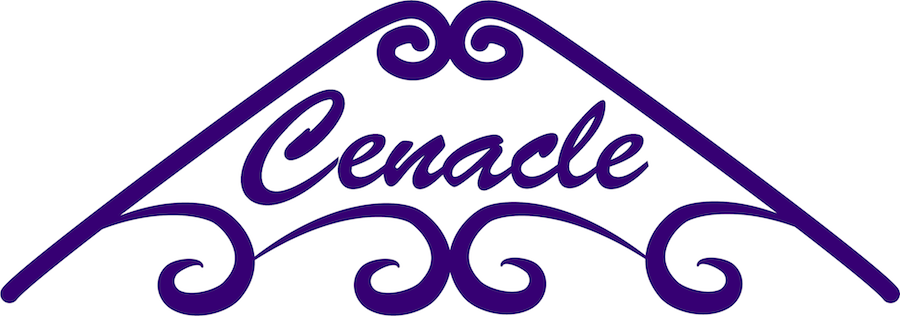The Catalyst Homily
​​​​​​​
This is the inspiring homily from Fr Neil Vaney SM which was the catalyst for the Cenacle Friday Prayers for Peace. It is reproduced here with his very kind permission. We very much encourage you to read it – maybe it will act as a catalyst for your own peace initiatives and advocacy.
​​​​​​​
​​​​​​​
New Zealand Congregational Leaders Conference (CLCANZ)
Father Neil Vaney SM, Homily
23-25 February 2015
“And should I not be concerned about Nineveh, that great city…?” (Jonah 4.11)
Was it not prophetic and strange that the day after John Key (NZ Prime Minister) announced that he was sending kiwi troops to Iraq, the readings set down for the Lenten Mass centred on the prophet Jonah’s call to go to Nineveh and preach repentance there? For the ruins of Nineveh, once the world’s greatest city, sit beside the city of Mosul, one of the first targets of the ISIS insurgency.
The book of Jonah is a curiosity in the Hebrew bible. It is full of irony and underscored humour. Its hero is a prophet who when called to go to the Far East runs to almost the westernmost destination known to Jews, Tarshish in Spain. He is instead delivered to Nineveh by a great sea beast, something of dread to most Semites. When his call to change and be converted is heard universally, Jonah is distressed almost to death. It ends with God chiding him for not recognising God’s immense care and mercy for this great and once wicked city and its people.
Why this is so bizarre is that nearly all Jews loathed and hated the Assyrian empire and all it stood for. Not only was it the centre of worship of the goddess Astarte but it had swept down to wipe out the Northern Kingdom. It personified terror and paganism.
John Key’s decision may be considered within this framework. It could be critiqued purely on strategic grounds. The history of efforts of European and western powers to intervene in the Ancient Middle Near East in the last one hundred and eighty years have been calamitous. In 1842 the 44th English regiment, about 4500 men, plus 12, 000 civilians were picked off in a desperate retreat from Kabul; there was one survivor. Support for the Shah of Iran, the invasion of Iraq, American attempts to train the Iraqi army – all have gone woefully astray. Each has been blighted by failure to understand local tribal cultures and loyalties, complex power structures and most particularly the place of Islamic faith in these areas. There is an anger that says that bombing these fanatics to oblivion is the only answer; yet this made Londoners under the blitz even more resolute – why should it be any different here?
However, more critical is the failure of most Western leaders to understand the role of religion, particularly Islam, in these lands. ISIS has been depicted as terrorists and fanatics, with political goals veiled behind religious placards. Certainly there are brutal killers in the ranks, using dubious interpretations of the Koran, selecting passages to set to modern situations never envisaged by the prophet. Much the same could be said of the 11th-13th century crusades to the Holy Land, wherein political manoeuvring, unchecked looting and revenge killing existed side by side with the hopes and dreams of saints.
So too among ISIS there are many who are driven by profound religious convictions: a fierce monotheism, a powerful thirst for justice and memory of past betrayals by the West. This theology is a mile away from the reconciliation and sense of individual worth preached by Jesus Christ. But in other ways it touches some of the dark moments of our own Christian history. When so much Western secular thought has dismissed the significance of the Christian heritage in our modern valuation of freedom and personal worth, it seems that many leaders of the West are totally incapable of understanding the extent to which religious conviction and personal faith can so shape a believer’s life that such a warrior is prepared to give up their life for what they see as supreme truth.
We who are Christians and religious are perfectly placed to see how conversion and reconciliation must be part of an abiding solution. A fierce military response may check the conflagration but soon the fires will spring up afresh on a different front. In the place of hatred and anger we must, like Jonah, promote reconciliation and change of heart, even in the face of our own doubts and scepticism. We must reach out to so many moderate Muslims who abhor this interpretation of their faith. They are best placed to use their own religious tradition to counter this aberration – let us offer them encouragement and support. We must offer to our own members and Sunday congregations a picture of this conflict that is not driven by violence and revenge. We must pray as congregations and individuals for change of heart. And to a sceptical western world we must show the face of Christian joy and freedom that so marks the words and actions of Pope Francis – these are the weapons that stand against the dark earnestness and brutal convictions of ISIS.
_____________
